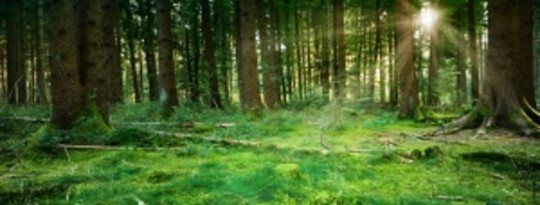
A woman peers through goggles embedded in a large black helmet. Forest sounds emanate from various corners of the room: a bird chirping here, a breeze whispering there. She moves slowly around the room. On the wall, a flat digital forest is projected so observers can get a rough idea of her surroundings, but in her mind’s eye...
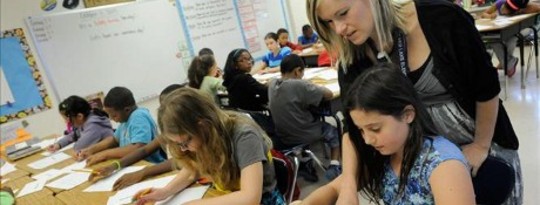
There are many more than the five “facts” that need to be fixed in school textbooks. I am not suggesting that we should start teaching 6-year-olds about matter that only appears in Nobel Prize-winning physics labs or filling the curriculum with detail on dozens of senses. But maybe we should stop telling kids fibs.
- By Ervin Laszlo
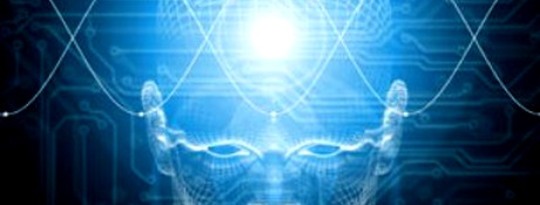
There is a major revolution under way in science today, a transformation that is both profound and fascinating. It changes our view of the world, and our concept of life and consciousness in the world. It comes at a propitious time. We know that the world we have created is unsustainable...
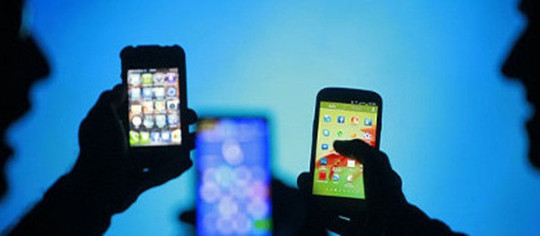
Police play a proverbial cat-and-mouse game with those they pursue, but also with the technology of the day they use. This game of one-upmanship, of measure and countermeasure, sees one or the other side temporarily with the upper hand.
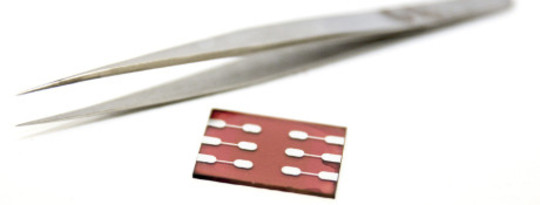
Solar cells made from polymers have the potential to be cheap and lightweight, but scientists are struggling to make them generate electricity efficiently.

The idea that during sleep our minds shut down from the outside world is ancient and one that is still deeply anchored in our view of sleep today, despite some everyday life experiences and recent scientific discoveries that would tend to prove our brains don’t completely switch off from our environment.
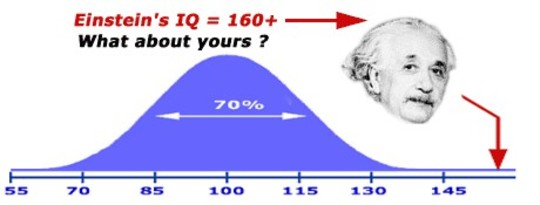
We’re getting more stupid. That’s one point made in a recent article in the New Scientist, reporting on a gradual decline in IQs in developed countries... Such research feeds into a long-held fascination with testing human intelligence. Yet such debates are too focused on IQ as a life-long trait that can’t be changed. Other research is beginning to show the opposite.
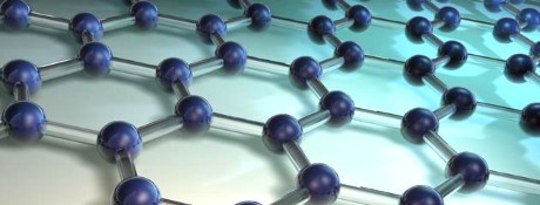
Every age has its wonder materials. For the Victorians, it was rubber. In the 20th century, it was plastic. And for the digitized 21st century, it may well turn out to be graphene. It’s one of the newest nano-scaled materials to have emerged from our laboratories...

Researchers may have found the way to a more comfortable life for suburbanites: garden lawns are more prolific carbon emitters than some farm crops, and keeping yourself warm uses much more energy than running an air conditioner.
- By R Jennings

Make no mistake you are under siege on the Internet, be it big government, big data, or your favorite smartphone application. Your government on the other hand stands idly by ready to turn you over for roasting on the other side by ISPs standing between you and your website of choice.
- By Andrew Smith
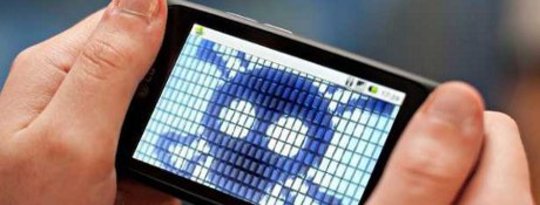
As each new computer virus attack or vulnerability comes to light, millions instinctively check their computer to see if their anti-malware application is up to date. This is a good idea and they are wise to do it but a large number of us still forget about their smartphone.
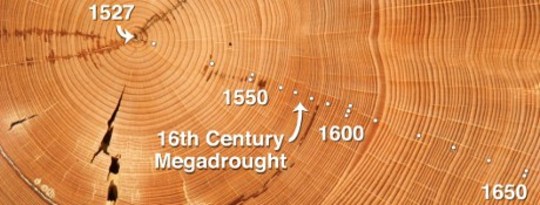
Scientists are tapping into the secret wisdom of trees—even when they don't know what they're looking for. Thomas Swetnam understands how unforeseeable insights and technological developments can lead us toward new discoveries and conclusions. “There’s the known unknown,” he says, “and then there’s the unknown unknown.”
This camera can look around corners and beyond the line of sight. The camera uses light that travels from the object to the camera indirectly, by reflecting off walls or other obstacles, to reconstruct a 3D shape.

If you’re struggling to understand the deluge of information about the Heartbleed vulnerability, you’re not alone. Some reports tell us to change all our online passwords immediately, others warn us that this could do more harm than good. There is a lot of misinformation out there.
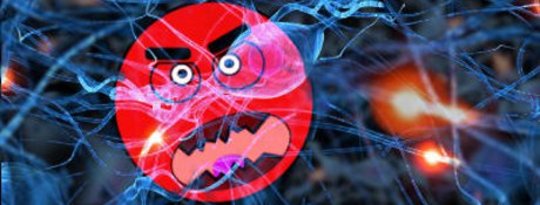
Let’s say Martians land on the Earth and wish to understand more about humans. Someone hands them a copy of the Complete Works of Shakespeare and says: “When you understand what’s in there, you will understand everything important about us.”

The company New Energy Technologies is reporting a breakthrough in their see through solar window technology and it’s all about size. When New Energy began developing a solar glass coating several years ago, it started out as a solution in a vial before progressing to a tiny square. In the latest development...
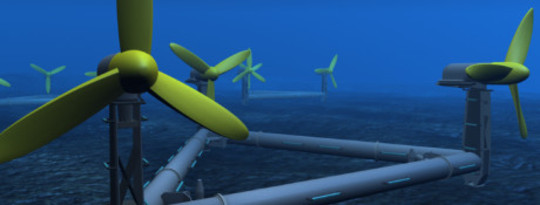
Long before humans got hooked on fossil fuels, we learned how to harness the power of water to do work. Technologies that harness the energy of moving water or temperature differentials in the oceans promise to deliver abundant carbon-free electricity.
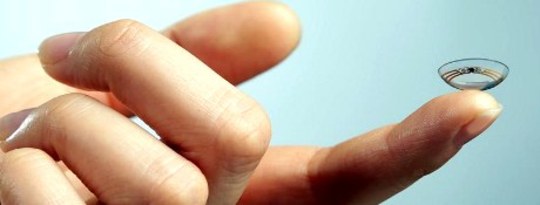
Google has teamed up with researchers at the University of Washington to create a contact lens that can measure blood glucose levels in a person’s tears and display the reading on their mobile phone. If this smart contact lens project is successful, people with diabetes may be able to stop drawing blood to measure their sugar levels.
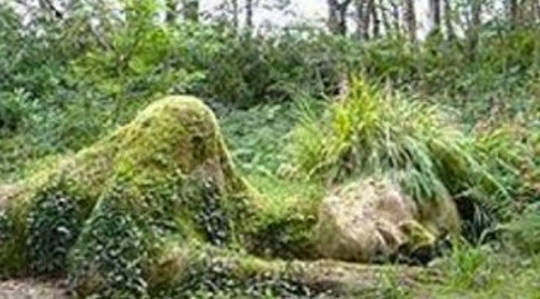 It may be challenging to think of the Earth and other celestial bodies as conscious, yet that is the conclusion gaining momentum in quantum physics. As strange as it may seem, this is a living universe that is conscious and shares an energetic essence. Earth is our mother in more ways than one...
It may be challenging to think of the Earth and other celestial bodies as conscious, yet that is the conclusion gaining momentum in quantum physics. As strange as it may seem, this is a living universe that is conscious and shares an energetic essence. Earth is our mother in more ways than one...
University of Washington researchers have performed what they believe is the first noninvasive human-to-human brain interface, with one researcher able to send a brain signal via the Internet to control the hand motions of a fellow researcher.

You have no doubt met people whose very presence emanated an indefinable power. Perhaps you persuaded yourself that their influence was due to something perfectly ordinary: physical stature, or good looks, or reputation...
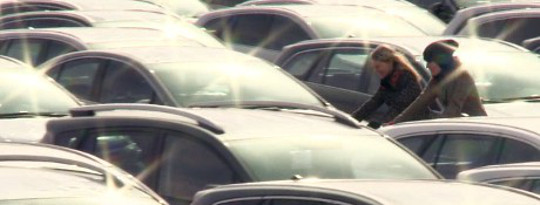
As we move to a more sustainable lifestyle, bicycling to work or to the store etc. can be an option for many. However, in many cities, riding a bicycle may seem like you're taking your life in your own hands. However, there is a happy solution...
- By Staff
This talk (13 min approx) is amazing... talking about our belief in a "disposable" society... disposable bottles, cans... but it seems we also believe in disposable people. Van Jones speaks of Cancer Alley, smog, 1 out of 4 people in jail, etc. THIS IS A MUST WATCH! Want to make a difference? Start with watching this video!














